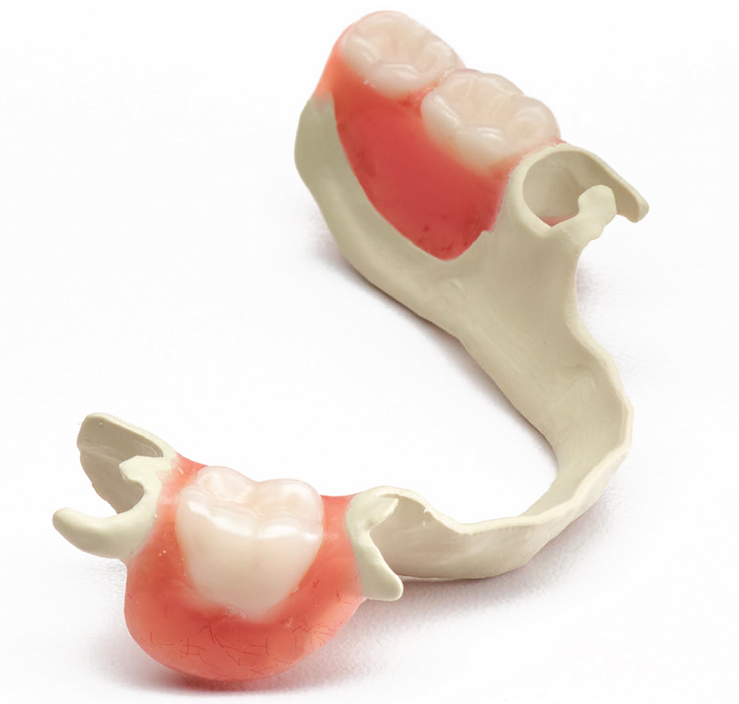Closer communication and relationships between technicians and dentists can have all round benefits, says Phil Silver

Today’s well-informed dental patients have driven expectations and demand to remarkable levels. As a result, it has never been more important for clinicians and dental technicians to establish a collaborative working relationship. As all laboratory professionals are well aware, clear and effective communication is vital; dental practitioners must supply detailed instructions and precise details to enable dental technicians to create prostheses that meet patient expectations as well as all mechanical, clinical and biological factors.
However, interaction must work both ways and a recent study evaluating the quality of communication between dentists and dental laboratory technicians suggests several easy to implement ideas that could help to create or improve effective interprofessional communication. These are:
1. Attending continuing education courses together
2. Holding private meetings
3. Increasing the quality and scope of communication in laboratory orders
4. Making postoperative contact with technicians
5. Incorporating technicians into dental practices or buildings
6. Joining study clubs or dental organisations that include both practitioners and technicians
7. Promoting integrated education of dental and technology students.
Collaborative associations
Any opportunity to learn or discuss new techniques or one that enables clinicians and technicians to simply spend time together will help professionals to gain mutual understanding and build stronger relationships. It would be fair to say that a great many clinicians decide to work with a lab after meeting a representative at a study club, meeting, conference or educational programme. However, for the most part, dentists take up recommendations from other dental professionals. If a dentist is looking for a new laboratory, they ask their colleagues to suggest a laboratory in order to gain access good quality work at reasonable prices as well as competent and proficient communication. For this reason, dental laboratories and technicians need to demonstrate their capability to build and grow strong, collaborative associations.
One of the ways that dental laboratories can do this is to hold open events, either for individual teams or for a selection of local practices. Periodically throughout the year, labs could also invite existing clients to come and meet new staff members or see a new piece of equipment. It may also be a chance to showcase the cutting-edge technology and facilities that are available or to offer a learning opportunity where perhaps digital and traditional laboratory techniques can be explored and discussed.
New materials
One of the areas that practitioners particularly value is advice about materials and an open event is the perfect opportunity to introduce dentists to new, improved products and solutions. For example, Solvay 360 has recently developed a high performance polymer called Ultaire AKP. It has been custom designed for removable partial denture (RPD) applications and offers a practical and favourable alternative to metal RPD frameworks. Using Ultaire AKP dental technicians can fabricate thin, lightweight, biocompatible RPD frames with tooth-coloured clasps.
The material has bone-like properties that can enhance fit, improve aesthetics and may also limit future bone loss for partial denture patients. The advantage for laboratories is that Ultaire AKP is ideal for CAD/CAM production and it can be milled quickly, accurately and efficiently. In showing practitioners the variety of options that are available, laboratories can exhibit their abilities and commitment to good communication, collaborative development and patient satisfaction.
Phil Silver is the UK business manager and consultant at Solvay Dental 360. He is a specialist in medical technologies and materials with over two decades of experience in both implantable and non-implantable devices. Phillip has worked in a range of clinical fields incorporating digital techniques and introducing new and novel technology into restorative dentistry, replacement and reconstructive surgery and facial plastics.
For more information about Solvay Dental 360, Ultaire AKP and Dentivera milling discs, please visit www.solvaydental360.com


